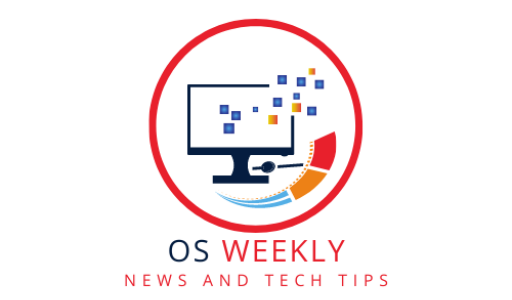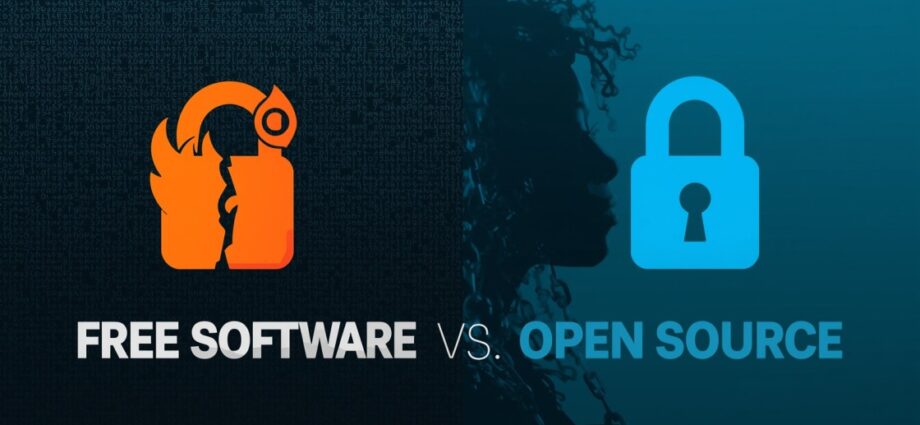In the world of collaborative development, transparent code, and community-driven innovation, two terms often dominate the conversation: free software and open source. While they may seem interchangeable—and are frequently used that way in headlines, forums, and even tech conferences—they represent fundamentally different philosophies. At OSWeekly.com, we believe understanding this distinction isn’t just academic—it’s essential for anyone building, using, or advocating for ethical technology in 2025.
What Is Free Software?
Coined by Richard Stallman in the 1980s, free software is not about price—it’s about freedom. The word “free” here refers to libre, not gratis. The Free Software Foundation (FSF) defines free software by four essential user freedoms:
- Freedom 0: Run the program for any purpose.
- Freedom 1: Study how the program works and modify it.
- Freedom 2: Redistribute copies to help others.
- Freedom 3: Distribute modified versions to benefit the community.
For advocates of free software, these freedoms are non-negotiable ethical principles. Proprietary software, even if it’s “free of charge,” is seen as inherently restrictive because it denies users control over the tools they depend on daily.
Open Source: A Pragmatic Shift
The term open source gained prominence in 1998, following the release of the Netscape browser source code. Spearheaded by figures like Eric S. Raymond and Bruce Perens, the open source movement reframed the conversation around practical benefits—better security, faster innovation, and higher code quality—rather than moral imperatives.
The Open Source Initiative (OSI) established criteria for open source licenses that align closely with free software licenses (like the GPL or MIT), but the emphasis shifted from user rights to development efficiency. Businesses embraced this language because it sounded less ideological and more compatible with commercial interests.
Why the Confusion Persists
As your OSWeekly research shows, the term “free software” suffers from a persistent ambiguity in English-speaking contexts. Many still equate “free” with “no cost,” conflating it with freeware—proprietary software given away at no charge but without source code or modification rights. Eric S. Raymond’s surveys (cited widely in tech circles) confirm this: web searches for “free software” yield an estimated 80% false-positive rate due to this linguistic trap.
Meanwhile, “open source” has become the dominant term in developer communities, enterprise tech, and media—used at a ratio of 95:5 among professionals. But dominance doesn’t erase the philosophical divide.
Why It Still Matters in 2025
In an era of AI black boxes, surveillance capitalism, and vendor lock-in, the values behind free software are more relevant than ever. When your smart TV, car, or medical device runs proprietary code you can’t inspect or fix, you’re not just a user—you’re a product.
Free software insists that technology should serve humanity, not control it. Open source, while powerful, often stops short of making that ethical claim. You can have open source software that is not free (e.g., those with restrictive licenses that forbid commercial use or modification), and you can have free software that chooses not to use the “open source” label for ideological reasons.
Beyond Software: A Cultural Movement
The spirit of free software has inspired movements far beyond code. From OpenCola (a publicly shared soft drink recipe) to open hardware designs and Creative Commons–licensed education materials, the idea that knowledge should be shareable, modifiable, and redistributable is reshaping culture.
Yet without clarity on terms, these efforts risk being co-opted or misunderstood. Calling everything “open source” may boost adoption—but it can also dilute the commitment to user autonomy that free software champions.
Final Thoughts
At OSWeekly.com, we support both open collaboration and user freedom. But we also believe language shapes reality. If you care about who controls your digital life—not just how efficiently software is built—then the term free software deserves your attention, respect, and correct usage.
So next time you describe your project, choose your words wisely. Are you promoting a better development model—or defending fundamental digital rights? The answer might just determine the future of technology itself.
Follow OSWeekly.com for weekly insights into open ecosystems, community-driven innovation, and the future of free and open technology.


